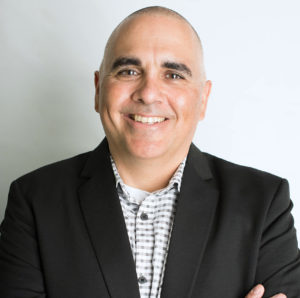I'm so excited to introduce you to this week's guest on Pep Talks for Side Hustlers, Spiritual Business Coach, Talia Lopez!
Talia is a dementia caregiving coach gone spiritual business coach! She helps coaches scale by embodying the mindset of a CEO, creating irresistible offers, and attracting their dream clients. She believes that mindset, faith, strategy, and inspired action are the keys to creating a profitable business.
Push play to listen to this week's episode, or read the full transcript below!






